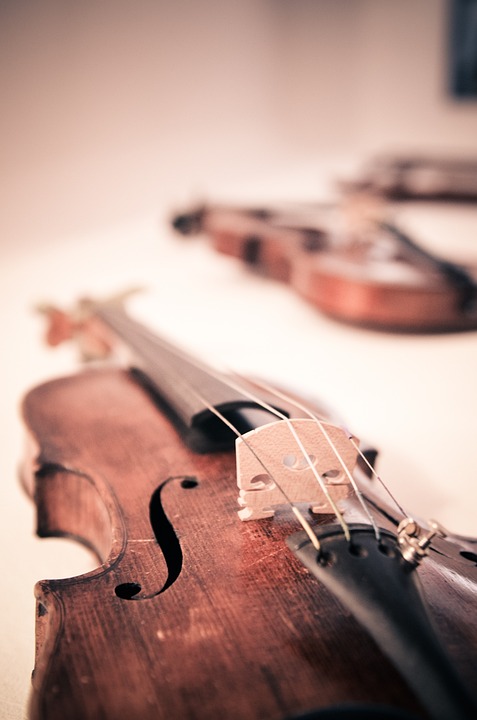The Impact of Classical Music Ensembles on the Music World
Classical music ensembles have played a significant role in shaping the music world over the years. From orchestras to chamber groups, these ensembles have captivated audiences with their performances and delivered timeless pieces that have stood the test of time. Their influence extends beyond the concert halls, reaching into education, cultural preservation, and even technological advancements in the music industry.
Historical Significance
Classical music ensembles have a rich history that dates back centuries. Orchestras such as the Vienna Philharmonic and the Berlin Philharmonic have been at the forefront of showcasing some of the greatest works ever composed. These ensembles have preserved the legacy of composers like Beethoven, Mozart, and Bach, ensuring that their music continues to be heard and appreciated by audiences around the world.
Chamber music ensembles, on the other hand, have brought a more intimate and personal touch to classical music. Groups like the Emerson String Quartet and the Juilliard String Quartet have showcased the intricate beauty of pieces written for smaller ensembles. Through their performances, they have highlighted the skill and artistry required to play chamber music effectively.
Influence on Education
Classical music ensembles play a crucial role in music education. Many ensembles provide masterclasses and workshops for aspiring musicians, giving them the opportunity to learn from seasoned professionals. These interactions not only improve technical skills but also help young musicians better understand the nuances and emotions behind the music they play.
Moreover, classical music ensembles often collaborate with schools, universities, and music conservatories to inspire the next generation of musicians. By showcasing the beauty and complexity of classical music, these ensembles encourage students to explore different genres and styles, broadening their musical horizons.
Cultural Preservation
Classical music ensembles are instrumental in preserving cultural heritage. By performing works from different time periods and regions, ensembles keep the music of past eras alive and relevant. They introduce audiences to diverse musical traditions and styles, fostering a deeper appreciation for cultural diversity.
Ensembles like the Silkroad Ensemble, founded by cellist Yo-Yo Ma, bring together musicians from different cultures to create new and innovative music. Through their collaborations, these ensembles promote cross-cultural dialogue and understanding, breaking down barriers and fostering unity through music.
Technological Advancements
Classical music ensembles have also played a role in driving technological advancements in the music industry. From recording sessions to live streaming concerts, ensembles have embraced technology to reach wider audiences and enhance the concert-going experience.
With the rise of virtual concerts and digital platforms, ensembles have the opportunity to connect with listeners around the world. This accessibility has made classical music more inclusive and approachable, attracting new audiences and engaging with fans in innovative ways.
In conclusion, classical music ensembles have had a profound impact on the music world. Through their historical significance, influence on education, cultural preservation, and role in technological advancements, these ensembles continue to inspire and captivate audiences worldwide. Their timeless performances and dedication to music have solidified their place as pillars of the classical music community, ensuring that their influence will be felt for generations to come.


